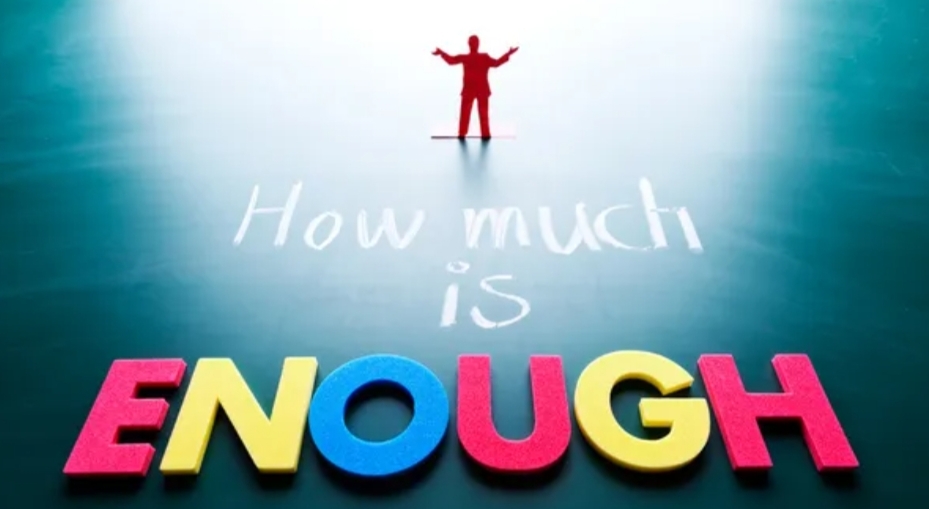
In today’s fast-paced society, the pressure to constantly strive for more can be overwhelming. Whether it’s in our careers, relationships, or personal goals, the idea that we must always be pushing ourselves to achieve more can be exhausting. This mentality can lead to a never-ending cycle of discontentment. We are constantly seeking the next big thing to make us feel fulfilled.
The truth is, no matter how much we achieve or how many goals we reach, it’s never going to be enough. There will always be something more to strive for, something else to accomplish. This mindset can be detrimental to our mental health and overall well-being. It can leave us feeling perpetually unsatisfied and like we are never measuring up.
It’s important to remember that happiness and fulfillment cannot be found in external achievements or possessions. True contentment comes from within, from appreciating the present moment and finding joy in the simple things in life. It’s important to set realistic goals and to celebrate our successes along the way. Rather than constantly chasing after that elusive feeling of “enoughness”.
Instead of constantly striving for more, we should take the time to reflect on what we already have. We should be grateful for the blessings in our lives. By shifting our mindset from always needing more to finding contentment in the present moment, we can break free from the never-ending cycle of dissatisfaction and find true happiness.
Therefore, it’s important to remember that it’s never going to be enough if we are constantly seeking external validation and chasing after material possessions. True fulfillment comes from within and can only be found by appreciating what we already have. We should strive for finding joy in the present moment. By letting go of the need for constant achievement and focusing on inner contentment, we can break free from the cycle of always needing more and find true happiness.

